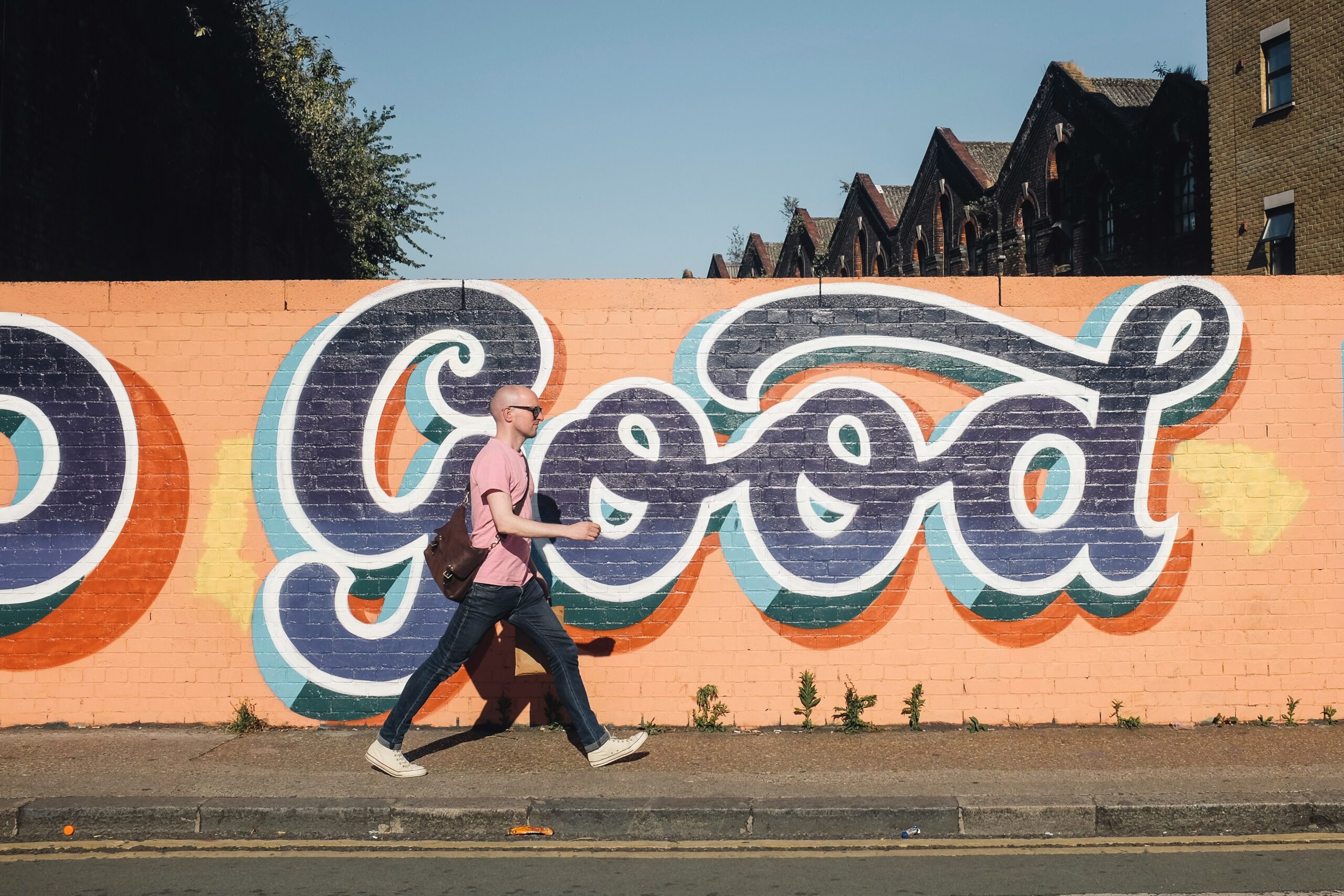Overview
A pioneering study of English in London
This project represents the first unified study of London English, looking at both how people speak and how they hear each other, across varieties, ages, and social classes.
It offers researchers, teachers, journalists, writers, students, and the wider public, insights into how language changes and into the social dynamics of contemporary Western cities.
The project will create the first London English Corpus, with samples of speech from a range of neighbourhoods of London, age groups, social class backgrounds, and ethnicities. The corpus will continue to have historical and future speech samples added to it.

A unique research opportunity
The way we speak has long been a cornerstone of social status and social mobility in the UK. London has always been a key source of both ‘high’ (standard) and ‘low’ (vernacular) speech forms for the English-speaking world, and the last 25 years have been a particularly dramatic period of change, spurred by new waves of migration and social contact.
This presents a unique opportunity to examine social and linguistic changes, due to the availability of the first two generations of speakers of these new London dialect forms. The project seeks to address both theoretical and real-world challenges that fall into three broad areas: (i) large-scale change, (ii) individual cognition, and (iii) perception and bias.
- Examining large-scale change
Theoretical debates that the large-scale societal analysis can advance include:
- formal linguistic models of phonetic, prosodic, and grammatical change
- the role of different age groups in language change
- assessing competing models of change in complex social environments
- assessing whether new vernacular features are spreading, to become the new standard over time, or remaining socially restricted, with potential social stereotyping or marginalisation.
- Understanding individual cognition
Individual dialect cognition is a newer and less well-understood arena, and our real-time data across age groups has the potential to address research gaps in this area. Questions that our study can address include:
- how much control people have over dialect features
- what determines that control
- how individuals develop their speech repertoire over their lifespan (a crucial factor in social mobility)
- Whether children pick up on ambient social meanings of speech forms at a very young age (we take a particular interest in this under-studied question).
- Investigating perception and bias
And finally, our longitudinal perspective allows a deeper investigation of not just language use but also (un)changing perceptions of those speakers, with implications for fair access and life outcomes.
Our communities
We are working with communities and age groups across London to study social and linguistic change on a large scale. Our work focuses on communities in East London, but with comparisons to South London and a wider sample of boroughs of London.
We examine ‘ethnolectal’ ways of speaking—that is, speech styles that clearly identify a single ethnic group—and also ‘multiethnolectal’ ways of speaking—speech styles that unite people across ethnicities, for example based on social class identity. In this sense, every Londoner belongs to many communities, brought together by a different social attribute.
As part of this picture, we look at speech over different age groups.
Children
At the very youngest life stage, we are working closely with a highly diverse primary school in East London, tracking a cohort of 40 young children as they age, and recording them in different daily activities.
We are also working with other primary schools across East London and beyond, to share evidence-based guidance on what language development in monolingual and bilingual children in an environment of such high diversity can be expected to look like. This helps to avoid misclassification of language and literacy skills and development.
Adolescents
To study adolescents aged 16-18 years old, we work closely with sixth form colleges in East and South London. This sample is designed to closely match that of teenage speech gathered in Hackney by the original Multicultural London English projects 15 years ago.
We record the teenagers in a number of speech activities, to capture their casual and formal range of speaking styles. We ensure coverage across ethnic and social class groups, while also gathering individual details of friendship networks, career aspirations, and personality.
Adults
We record adults across large areas of London, with a focus on East and South London, and ensuring that we include young adults, middle-aged Londoners, and older participants. This allows us to observe change over generations and also whether ways of speaking are shared across ethnic groups and social classes more at a given point in time.
The London English Corpus — the first of its kind
Despite numerous London linguistics projects over the decades and the inclusion of London data in various corpora, the London English Corpus is the first to represent Londoners from many parts of the city, stratified for age, social class, ethnicity, and gender. Past and future datasets can be added to it, for a growing record of the global hub of the English language.
The Corpus will be publicly hosted for a range of users — linguists, social scientists and cultural historians, primary and secondary school teachers, journalists, writers, and the general public.
The London English Corpus will support research on many aspects of language and society, including sociological change in the city, structural variation and change in language, discourse and identity, conversation and narrative analysis, oral history and experiences of migration, and language, identity, and cognition across the lifespan.
